Every car owner knows the importance of regular vehicle maintenance, but many are unaware of the seemingly harmless habits that can lead to significant damage over time. This guide sheds light on the everyday mistakes that are causing inadvertent harm to your vehicle. From ignoring warning lights to choosing the wrong consumables, you explore various aspects of car care that are often overlooked. By understanding the ways you are accidentally damaging your car, you can take proactive steps to maintain your vehicle’s health and performance, ensuring a safer and more efficient driving experience.
Contents
Ignoring Dashboard Warning Lights
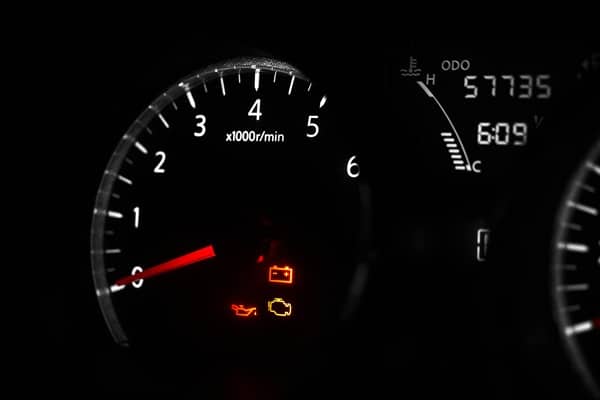
Ignoring dashboard warning lights is akin to turning a blind eye to your car’s health. These lights are designed as the first line of communication between your vehicle and you, signaling anything from engine issues to tire pressure problems. When these lights illuminate, it’s crucial to take immediate action rather than hoping the problem will disappear. Delaying can lead to more severe damage, turning what might have been a simple fix into a costly repair. Always consult your vehicle’s manual and get professional help to diagnose and address these warnings promptly.
Neglecting these signals can compromise not just the functionality of your vehicle but also your safety. For instance, an ignored check engine light might indicate a failing emission system, leading to poorer performance and increased fuel consumption. Similarly, overlooking the oil pressure light could result in severe engine damage due to inadequate lubrication. Understanding the significance of each light and reacting accordingly can save you time and money and ensure your car runs reliably for years to come.
Neglecting Regular Maintenance
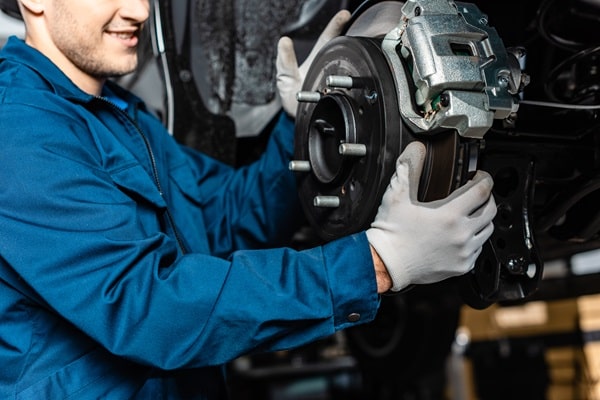
Regular maintenance is the cornerstone of vehicle longevity and reliability. Scheduled services like oil changes, brake inspections, and tire rotations are essential to keep your car running smoothly. These regular checks can identify and rectify small issues before they escalate into major problems, ensuring that your vehicle remains in optimal condition. Furthermore, maintaining a documented history of regular maintenance can enhance your car’s resale value.
However, many car owners postpone or completely skip these maintenance appointments due to perceived cost or time constraints. This neglect can lead to decreased performance, increased fuel consumption, and, ultimately, costly breakdowns. Components such as engines and transmissions can suffer from premature wear when not regularly serviced, leading to expensive replacements. Therefore, adhering to your vehicle’s recommended maintenance schedule is a wise investment in its future.
Using Incorrect or Low-Quality Consumables
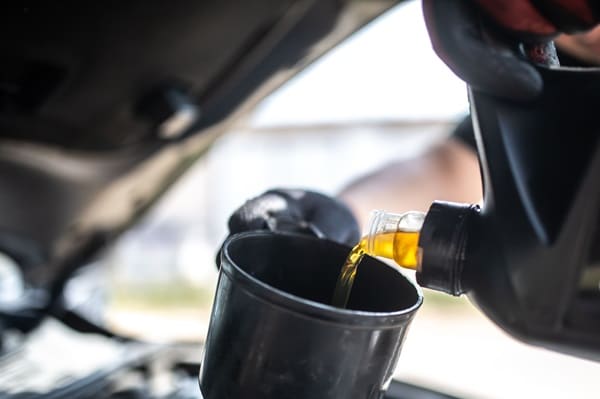
The quality and type of consumables you use in your car, like oil, fuel, and coolant, significantly impact its performance and longevity. Using the wrong type of oil or fuel can lead to inefficient operation, increased wear and tear, and even serious damage to your vehicle’s engine. It’s vital to understand and use the specific grades and types of consumables recommended by the vehicle manufacturer to ensure optimal performance and avoid potential issues.
Low-quality consumables might seem like a cost-effective solution in the short term, but they can lead to increased costs down the line. Inferior oils may not provide adequate lubrication, leading to faster engine wear, while subpar fuel can result in buildup and clogs in the fuel system. Always opt for high-quality, suitable consumables to maintain engine efficiency, prolong component life, and keep your car running smoothly.
Rough Driving Habits

Rough driving habits, such as aggressive acceleration, hard braking, and fast cornering, not only endanger you and others but also inflict undue stress on your vehicle. This aggressive driving style can lead to rapid wear of the brakes, tires, and engine, resulting in a need for more frequent repairs and replacements. Moreover, it can significantly decrease fuel efficiency, increasing your costs and environmental footprint.
Smooth, defensive driving techniques benefit both your car and your wallet. By anticipating traffic flow, maintaining a steady speed, and avoiding sudden stops, you can reduce wear on your vehicle’s critical components. This approach extends the life of your tires, brakes, and suspension and improves fuel economy. Embracing a calmer driving style will enhance your car’s longevity and provide a more pleasant and safer driving experience.
Overloading the Vehicle

Overloading your vehicle goes beyond the inconvenience of a cramped space; it exerts undue stress on various components, including the suspension, brakes, and tires. Each vehicle has a maximum weight capacity, often overlooked, leading to diminished handling, increased stopping distances, and accelerated wear and tear. Consistently exceeding this limit can lead to premature failures and reduced safety, especially in critical driving situations where stability and responsiveness are vital.
To avoid these risks, be mindful of your car’s weight limit, which is typically found in the owner’s manual or on a sticker inside the driver’s door. When packing for a trip or transporting heavy items, distribute the weight evenly and avoid unnecessary items that add to the load. If you regularly need to carry heavy loads, consider a vehicle designed for higher capacity or make several trips to reduce the strain on your vehicle’s components.
Failing to Protect From the Elements

Your car is exposed to various elements that can accelerate wear and deterioration, such as UV rays, rain, snow, and road salt. Prolonged exposure to the sun can fade paint and damage the interior, while moisture and salt can lead to rust and corrosion. These environmental factors can significantly affect your vehicle’s appearance, structural integrity, and longevity if not properly managed.
To protect your car, make use of covered parking or car covers whenever possible, especially in extreme weather conditions. Regular washing and waxing can also preserve the paint and prevent rust. In winter, be sure to clean off road salt and grime that can corrode metal parts. Taking these preventive steps will help maintain your vehicle’s condition and reduce the need for costly repairs due to environmental damage.
Improper Tire Maintenance
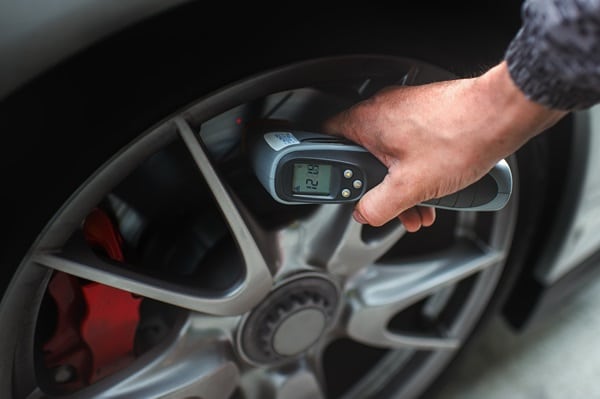
Tires are your direct link to the road, and their condition significantly affects your vehicle’s performance and safety. Driving on improperly inflated tires can cause uneven wear, reduced handling, and increased fuel consumption. Neglecting tire rotation and alignment leads to premature wear and can adversely affect the suspension and steering components. Regularly checking tire pressure, tread depth, and overall condition is essential to ensure safety, optimal performance, and longevity.
Maintaining proper tire pressure is not just about maximizing lifespan but also about safety. Underinflated tires can overheat and lead to blowouts, while overinflated tires can reduce traction. Most vehicles have a recommended tire pressure listed in the owner’s manual or on a placard inside the driver’s door. Incorporate tire checks into your regular maintenance routine and before long trips to ensure they are always at optimal pressure and condition.
DIY Repairs Without Proper Knowledge
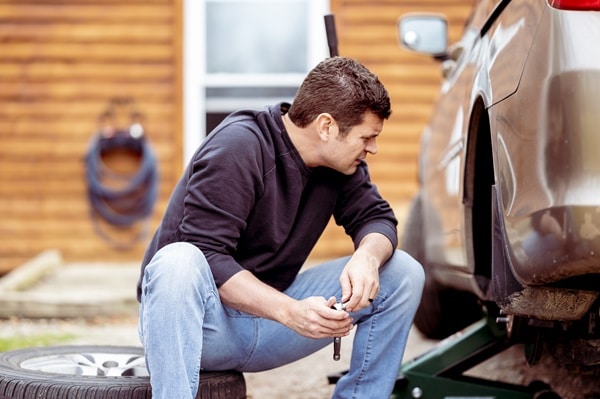
With the abundance of online tutorials and DIY guides, it’s tempting to undertake car repairs on your own. While this can be effective for minor issues, attempting complex repairs without the proper knowledge and tools can lead to further damage and potentially unsafe conditions. Understanding your limitations and the complexity of modern vehicles is crucial in deciding when to seek professional help.
If you’re interested in DIY car maintenance, start with simple tasks such as changing wipers or air filters, and gradually build your skills and tool collection. Always refer to the vehicle’s service manual and consult online forums or professionals for advice. For more complex issues, especially those involving the engine, transmission, or electrical system, it’s wise to rely on qualified mechanics. Not only do they have the expertise, but they also have the diagnostic tools to properly assess and address issues, ensuring your vehicle is repaired correctly and safely.
Drive Smarter, Maintain Better
In understanding the common yet avoidable mistakes highlighted in this guide, you are now equipped to provide better care for your vehicle. Regular maintenance, mindful driving, and an awareness of your car’s needs can significantly extend its life and performance. Take the initiative to schedule regular check-ups, drive responsibly, and stay informed about car care best practices. Your car is a valuable asset, and with the proper attention, it will serve you well for many years to come.


